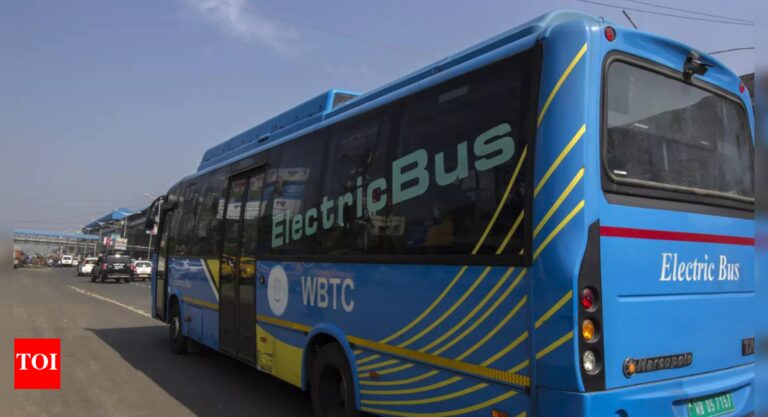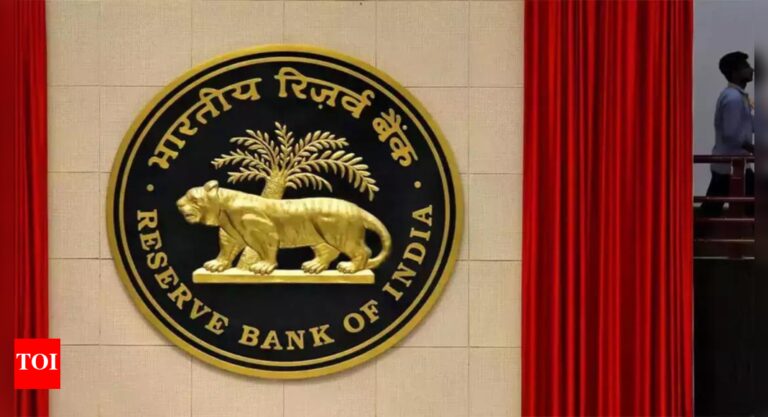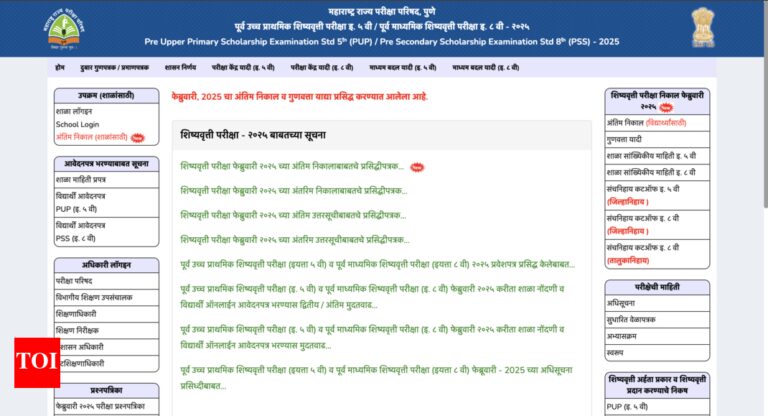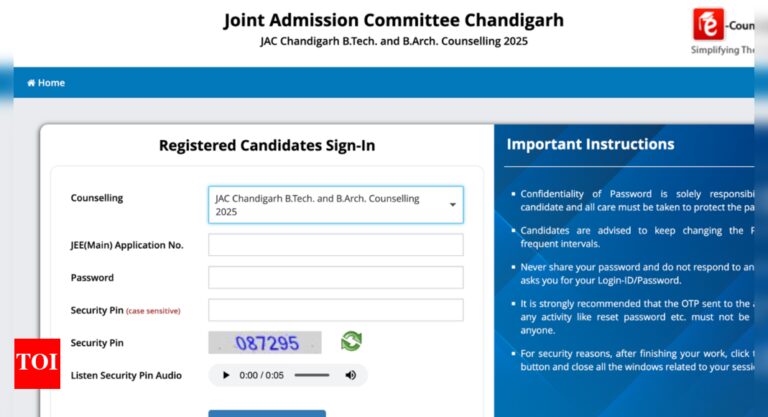
India is ahead of all other nations in making faster payments, driven by the rapid growth of the Unified Payments Interface (UPI), while the use of debit and credit cards is declining, according to an IMF Fintech Note.UPI, an instant real-time payment system developed by the National Payments Corporation of India (NPCI), enables inter-bank transactions via mobile phones and has become the world’s largest retail fast payment system by volume.The IMF’s Fintech Note, titled Growing Retail Digital Payments: The Value of Interoperability, noted a sharp rise in UPI usage since its launch in 2016, accompanied by a fall in cash usage indicators.“India now makes faster payments than any other country. At the same time, proxies for cash usage have fallen,” the note said.UPI now processes over 18 billion transactions each month and dominates the landscape of electronic retail payments in India.“Since its launch in 2016, UPI has grown quickly, while some proxies for cash usage have begun to decline. UPI now processes more than 18 billion transactions per month and dominates other electronic retail payments in India,” the note reiterated.The IMF pointed to UPI’s open and interoperable nature as a key factor in its success, contrasting it with closed-loop payment systems. Interoperability, the note said, allows users of different providers to transact seamlessly, encouraging broader adoption of digital payments.“Importantly, total digital payments also rise relative to a proxy for cash usage,” it added, quoted by PTI.Acknowledging the challenges in tracking cash usage, the note said, “Estimating cash usage is difficult because cash transactions can occur anonymously and may not be recorded in any ledger, especially in the informal sector.”“However, we can approximate cash usage with the value of automated teller machine (ATM) withdrawals in each district. When we measure the impact of integration on transaction values relative to cash withdrawals, we find a very similar picture,” it said.The IMF found that digital payments saw a significant and lasting rise in districts where interoperability increased the most.This, it said, is clear evidence that interoperability helps promote digital payments and shift usage away from cash.The Fintech Note, authored by Alexander Copestake, Divya Kirti, and Maria Soledad Martinez Peria, also advised policymakers to remain alert as the UPI ecosystem expands.“As the interoperable platform matures and more providers join, policymakers should watch for the emergence of dominant private providers and be prepared to take action to maintain a fully open, interoperable and competitive system,” the authors said.“Payment authorities should use a range of metrics to identify potential threats to this goal and tailor any responses to the specific underlying anti-competitive mechanism,” they said.The note also advised that at every stage of development, the system operator should engage with both current and potential private sector players to ensure that design decisions support a healthy interoperable environment.








